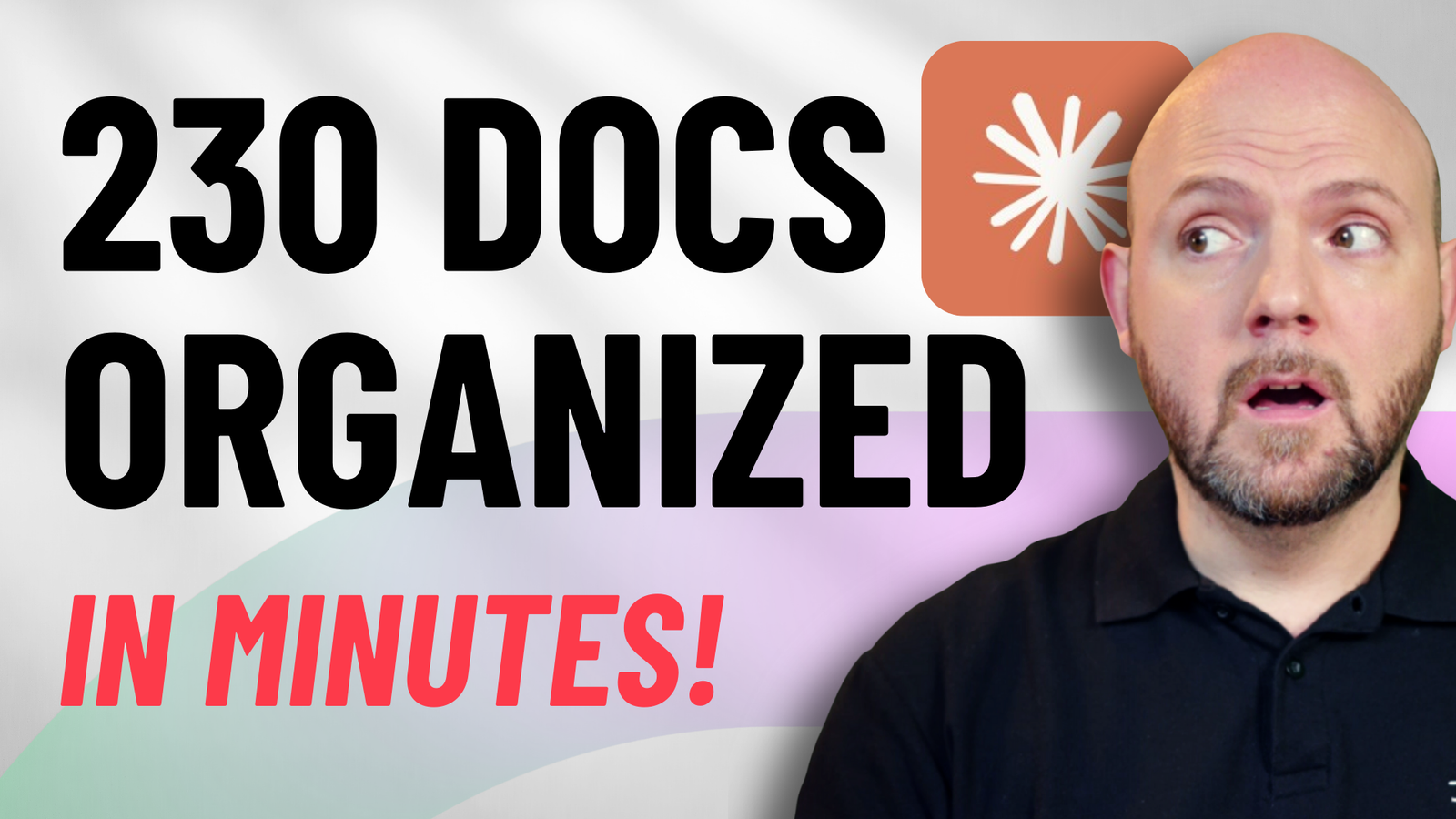In today’s fast-paced professional world, mastering Project Management is more crucial than ever. Many Busy Professionals struggle to keep up with project demands, often falling into common pitfalls that lead to missed deadlines, team misalignment, and burnout. However, by recognizing these mistakes and adopting more effective strategies, you can transform your workflow and project outcomes. Let’s explore five common Project Management mistakes and how you can fix them using ICOR®’s powerful frameworks.
Lack of Clear Definitions and Boundaries
One of the most common errors in Project Management is failing to set clear definitions and boundaries for each project. This mistake leads to confusion, misalignment, and inefficiencies. A well-defined project scope, on the other hand, ensures that everyone knows exactly what needs to be done, why it matters, and how each task fits into the overall goal.
ICOR® introduces the concept of “Output Elements,” which helps to break down complex projects into clear, manageable components. By establishing well-defined objectives and success criteria for each task, you provide a roadmap that helps your team stay focused and aligned with the project’s overall goals.
Poor Priority Setting
Another major issue is poor priority setting, where professionals try to tackle too many things at once. This leads to burnout and missed deadlines. In Project Management, success is not about doing everything but rather focusing on the right tasks at the right time.
ICOR® offers a dynamic priority-setting approach that goes beyond traditional methods like the Eisenhower Matrix. With ICOR®, priorities are constantly reassessed based on their alignment with strategic goals and the resources available, ensuring that you and your team invest your energy where it will make the greatest impact.
Ineffective Planning and Execution
Without a proper plan, execution can quickly turn chaotic. Many professionals make the mistake of jumping into tasks without first mapping out a clear, step-by-step approach. ICOR®’s PEA (Plan, Execute, Align) model solves this by ensuring that each phase of a project is directly connected to the strategic objectives.
The PEA model encourages thorough planning before any execution begins and emphasizes constant alignment checks throughout the process. This not only prevents wasted effort but also ensures that every step taken brings the team closer to the ultimate project goal.
Failing to Capture and Develop Ideas
Great ideas often get lost without a structured system for capturing and developing them. If your team doesn’t have a clear process for turning creative sparks into actionable steps, you’re missing out on valuable opportunities.
ICOR®’s “Idea Incubator” addresses this by creating a structured environment where ideas can be captured, validated, and systematically developed into actionable tasks. By nurturing creativity within a clear framework, you ensure that innovation is consistently driving your projects forward.
Ineffective Communication Systems
Perhaps the most critical aspect of Project Management is communication. Without a robust system, miscommunication and misalignment can derail even the best-planned projects. ICOR® emphasizes the importance of an efficient Communication Management system that reduces noise, keeps information centralized, and ensures that everyone is on the same page.
Asynchronous communication, where team members can process and respond to information in their own time, can significantly enhance productivity. Additionally, creating a “Single Source of Truth”—a central hub where all project updates, documents, and decisions are stored—ensures transparency and reduces confusion.
Expanding on Task Management
Effective Task Management is the foundation of any successful project. ICOR® emphasizes breaking tasks down into clear, actionable steps. By starting each task with an action verb such as “Create,” “Design,” or “Review,” you introduce clarity into your workflow. If a task seems too broad, break it down into smaller, more manageable subtasks, each with a specific outcome.
For instance, instead of listing a vague task like “Prepare report,” break it down into steps like “Gather data,” “Create visualizations,” and “Draft conclusions.” This ensures that your team knows exactly what is expected and can work more efficiently towards completing the project.
We invite you to explore how the Paperless Movement® Membership can help you master these principles and more. Our courses cover everything from Note-Taking and Personal Knowledge Management to Task and Project Management, ensuring that you have the tools and knowledge to excel. Sign up today and start transforming your productivity!



